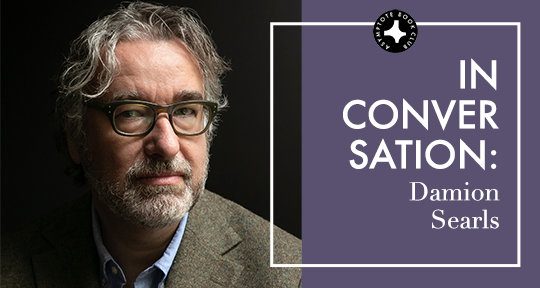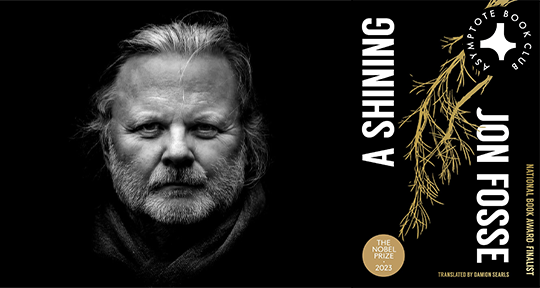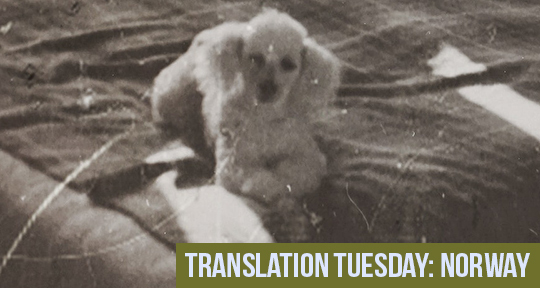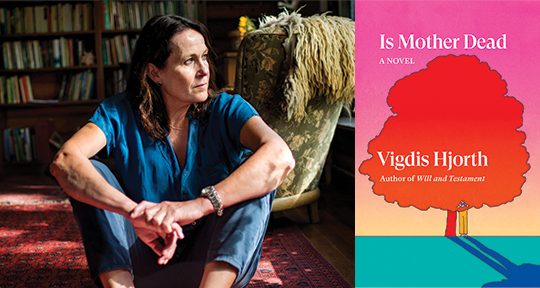This Translation Tuesday, we serve a rich allegory, a domestic scene patiently rendered by Norwegian writer Roskva Koritzinsky. A Lonely Wrinkle on Her Forehead is an exquisite study of human-animal, mother-child positionality both immersive and instructive. Hear from translator Bradley Harmon on the deliberate language and detached tonality that defines this work:
“The work of Norwegian writer Roskva Koritzinsky is characterized by a cool, contemplative atmosphere, inhabited by a voice that is enigmatic and ethereal but, importantly, also patient and precise. Every sentence, every word she writes is important. For many writers, this might a style that is too concrete, too fixed, but with Koritzinsky it’s the exact opposite. The keyword is atmosphere, an atmosphere that blooms into an existential scale from her careful composition. For example, the reader will notice the somewhat strange use of the definite form of the nouns for mother, daughter, dog, and so on. Further, Koritzinsky is insistent on the use of ‘the mother’ or ‘the daughter’ rather than the more intimately relationally ‘her mother’ or ‘her daughter.’ While it is the case that using the definite article in English might be seen as an overtly literal translation of Norwegian, as to opposed to a more ‘natural’ rendition with the possessive article, Koritzinsky is adamant in maintaining the distance that this word choice conjures. This is consistent across her other stories but is particularly pronounced in this one.”
When she came home in the afternoon, the seven puppies had vanished.
Their mother was lying in a corner of the living room, whimpering. She felt its belly and made sure the puppies weren’t in there. So they must’ve been somewhere else.
She stood by the window and looked out at the landscape. The murky murmur from the woods and fields, it had scared her for the first few years she lived out there, but eventually she’d gotten used to it.
Forgotten it?
In any case, let it become a part of herself. The song from the countryside had seeped almost imperceptibly into the house, like poison.
She shuffled over to the couch and sat down. The dog bed was in the corner. The blanket on which the week-old animals had been lying was gone. Someone must’ve come into the house—the door was always unlocked, she’d always taken pride in it, to come from the city and do as they did in the country, put the key in a drawer and forget it was there, not so much out of trust in the neighbors as an entrenched notion that one was a stranger to the world. But then Someone had wrapped the blanket around the puppies and carried them outside. Their mother hadn’t defended them, she let it happen. Now she was lying in the corner of the living room, crying.
READ MORE…







